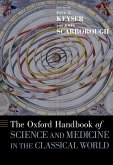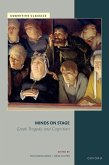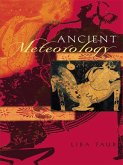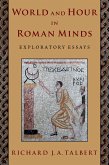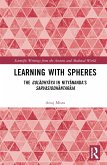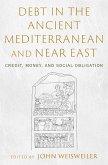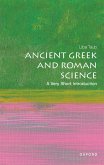World and Hour in Roman Minds: Exploratory Essays seeks to penetrate Romans' consciousness of space and time, aspects of antiquity currently attracting intense interest. Historian Richard Talbert presents here a cohesive selection of nineteen essays, published over the course of thirty years, all but one previously appearing in widely scattered publications. Now reinforced by an Introduction and textually and visually updated, these essays document the progress of pioneering efforts to glimpse the worldviews of Romans up and down the social scale--even Julius Caesar and Claudius--and to reassess the communicative role of Roman mapping along with its strengths and limitations. Talbert interprets the
Antonine Itinerary and Artemidorus and Peutinger maps afresh, visualizing the latter with a wider perspective than in previous scholarship and probing the challenges of its design, production and copying. He also casts doubt, however, on the idea that Romans conceptualized their long-distance roads as an interconnected system, as did certain comparable premodern states across the Americas and Asia. The most recent essays share findings that emerge with a shift of focus from space to time, specifically Romans' daily timekeeping by hours--another neglected dimension of their social mentalit?. Talbert suggests that Romans' tracking of time should be regarded as uncannily similar to that of the Japanese before Westernization. Throughout, the essays are unified by the methods applied. The value of broader, often comparative, approaches is demonstrated, as well as the creative potential of untapped testimony and digital technology--altogether an invaluable platform to stimulate further inquiry.
Dieser Download kann aus rechtlichen Gründen nur mit Rechnungsadresse in A, B, BG, CY, CZ, D, DK, EW, E, FIN, F, GR, HR, H, IRL, I, LT, L, LR, M, NL, PL, P, R, S, SLO, SK ausgeliefert werden.



